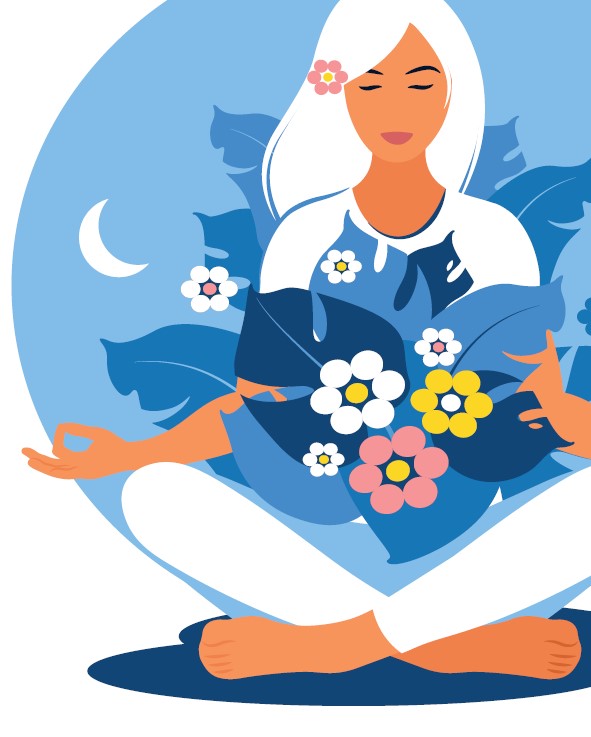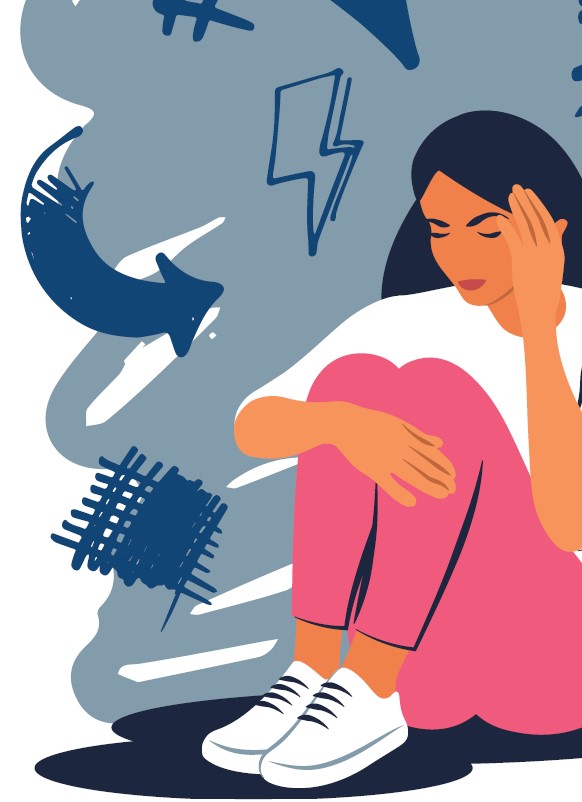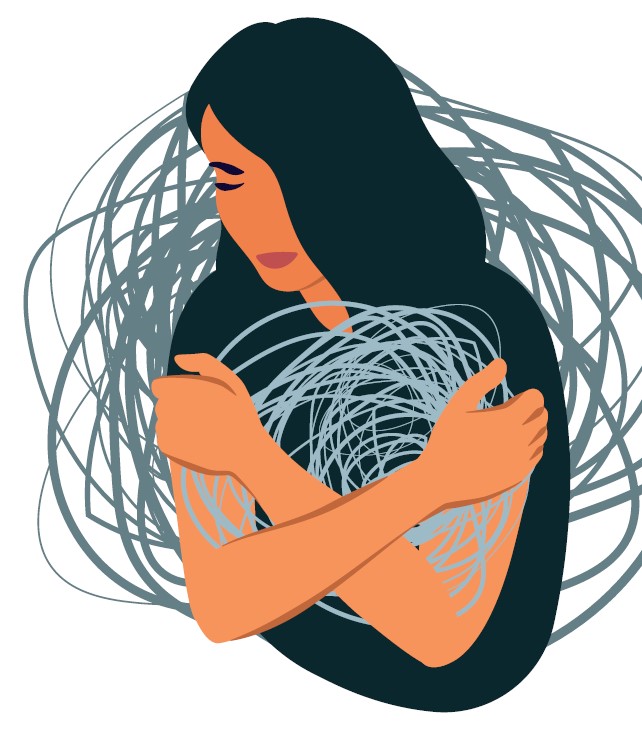
‘’It only takes a split second to smile and forget, yet to someone that needed it, it can last a lifetime.” ~ Steve Maraboli
The physical and psychological benefits of smiling and laughter are plentiful. Research
shows that those who consciously or subconsciously smile more live better and
longer. Research also shows there are many benefits to smiling at others. As goes the old
saying ‘laughter is contagious’ and studies show this is indeed true.
Happiness and kindness are big contributors to smiling. Happiness is something that
we all seek but it can often be hard to find. Happiness can come in many different ways
and from different things but generally it is the feeling of joy, contentment and general
satisfaction and fulfilment in life. So it is not so much something that we can find, rather
than something we can build. First we need to understand happiness and how it works.
The two main parts of happiness
If you are aiming for overall happiness you will need to have a look at two main areas
within yourself.
Life satisfaction – This is what it says on the tin. This is how satisfied you are with
different areas of your life. This includes many things such as achievements, purpose,
relationships, work, hobbies etc. many of these things can help contribute to your
happiness, but not feeling happy with these areas will actively make it harder for you to
achieve a good balance and find happiness.
Balancing emotions – Even the happiest of people will still experience feelings of
sadness, anger, bad moods etc. and this is normal. This is something you will have less
active control of, but this will be influenced by your life satisfaction. Happiness is
generally linked to feeling more positive emotions than negative.
How will I know if I’m happy?
Happiness is completely subjective as different things will make different people
happy. You may have it all and still not feel happiness, but why? Your version of
happiness might be different to what we are lead to desire. Feeling happy will feel like:
• You’re living the life you wanted
• That your life conditions are good
• That you have accomplished or will accomplish what you want in life
• You’re generally satisfied
• Feeling generally more positive feelings than negative
Helping to turn a negative mind set into a positive
Sometimes we can get trapped in a negative mind set which can make our thought
process negative, even though it doesn’t need to be. We, as humans, have a natural bias to
give more attention to the negatives than the positives. When you find yourself thinking
this way, or giving negative thoughts time and attention to grow, then you should try to
reframe these thoughts.
This isn’t about ignoring them or trying to shut them out, it is about spending the time
to think about them in a different way in which you could perhaps see the positive in
it, or find the silver lining, or realise it’s not all that bad. Negative thoughts can often be
fleeting, but by spending the time to think about them you will often see that it’s not all
that bad.
Tricks to become happier
Each of these tricks can help you to feel more positive, content and generally happier. Each
one requires some time and effort to work on.
Get regular exercise – this is good for your body and mind
Gratitude – Being grateful for what you have will allow you to become more content
Sense of purpose – Having purpose will help you to feel more fulfilled
Avoiding negativity – Work out the negative influences in your life
No easy task
There are many things in life that pose challenges to us and our happiness.
Sometimes it might feel like happiness is out of reach. It isn’t always easy to achieve,
especially if things are hard, but by making small changes in your life it will help you to
cultivate and improve on your happiness.
The great thing about happiness, is that it gets easier to achieve and maintain the happier you get!
As the World continues to react and change to cope with COVID-19 and the cost of
living crisis, there are many challenges posed in our everyday lives. We have seen
some amazing acts of kindness over recent years. Being kind to both yourself and
others can have a positive effect on not only your mental health but also it can have an
amazing knock on effect to your self-esteem and other people’s mental health as well.
Below are some ideas to inspire you as well as further information on self-esteem and
the importance of you!
Kindness is an easy way to make you and everyone around you smile
Whether you call a family member or friend that you have not spoken to in a while or tell
someone how much you appreciate them. There are many ways to be kind to others.
However, it is just as important to be kind to yourself, which is often the hardest part of
kindness.
Be Kind to Yourself
• Put positive messages where you will regularly see them
• Write down three things that you appreciate about yourself
• Make sure you spend some time doing something that you enjoy at home
• Do something that makes you feel good – It could be something simple like dressing
smart for a video call
• Try to smile and laugh as much as possible whether your speaking to someone on the
phone or just looking back at pictures or memories for example.
There are lots of acts of kindness including the ones mentioned above. However it is
also important to remember not to overdo it as you may end up becoming overwhelmed
or giving more away than you can handle, which could then have a negative impact on
your mental health.
It may be worth starting off in a small way with your acts of kindness, so that you do
not end up feeling overwhelmed. Always remember why you are doing that act of
kindness and the effect that will have on the other person or people.
Studies have shown that practicing kindness can boost serotonin and dopamine levels
in your brain, which are known as the “feel good, happy hormones”. Whilst the opposite,
cortisol – the “stress hormone” can lead to unhappiness, anger and resentment.
Consider what you can do to be ‘kind’ to people both inside the home and out. It
can make a world of difference not just to the person (or people), but to you as an
individual and will be of huge benefit to your own mental health. How can we all be more
kind to one another not just now but in the future as well?
More information
If you feel you may need some support, you can contact Care first. Care first is a leading provider of confidential, professional counselling, information and advice services. All employees are eligible to use Care first, our services include; telephone counselling, information services and online support. Call Care first on the Freephone number provided by your organisation and you can speak to a professional in confidence.
Visit: www.carefirst-lifestyle.co.uk to view our articles on health and well-being, or call 0808 168 2143 for in the moment support.



